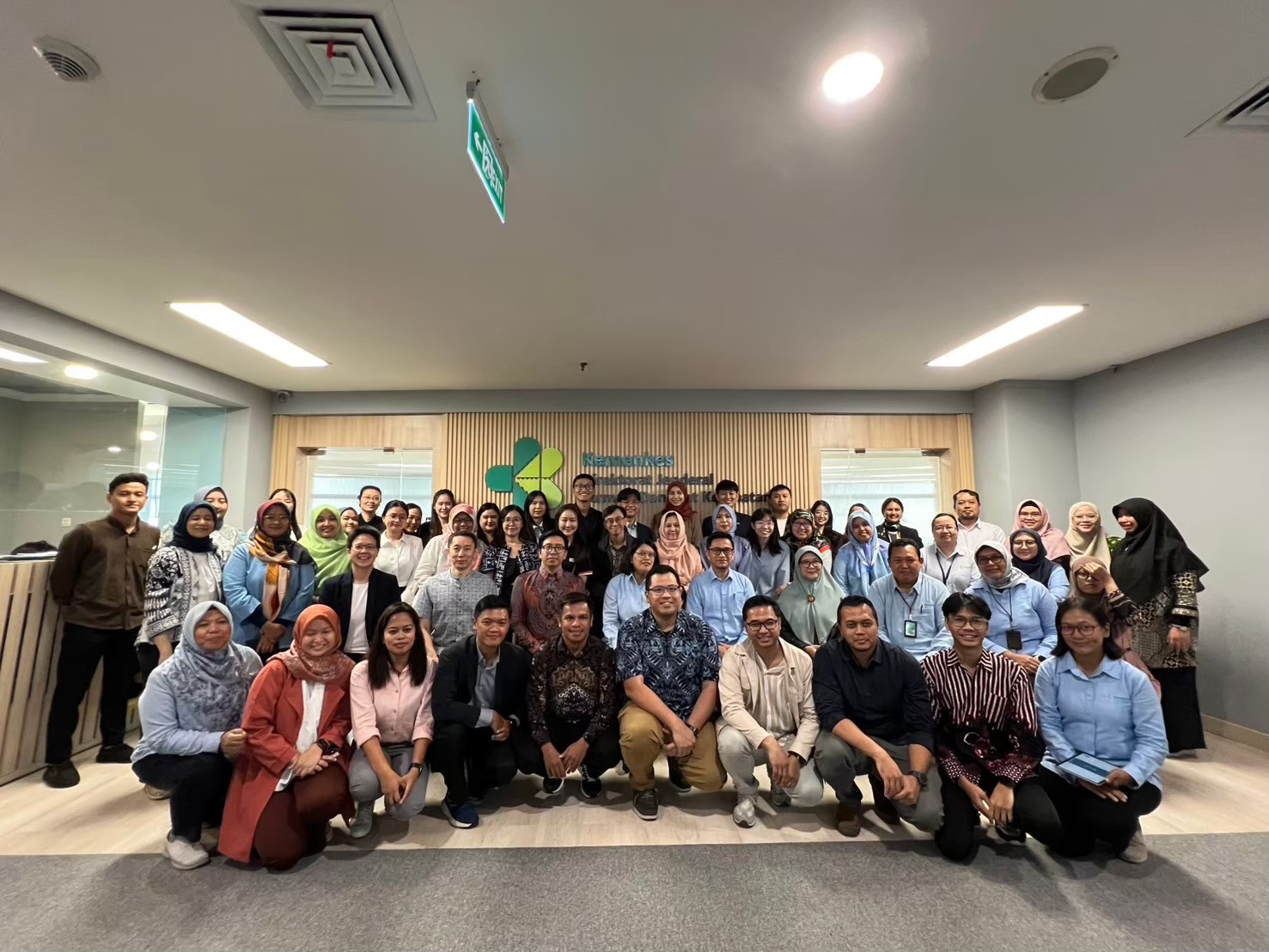[PRESS RELEASE] Cross-Border Insights into Lao PDR’s Evidence-Informed Health Policy with HTA: First-Ever Study Maps the Way Forward




Welcome to Bhutan, the land of the Thunder Dragon nested amidst the breathtaking grandeur of the Eastern Himalayas. Guided by the concept of the Gross National Happiness, Bhutan’s constitution mandates access to free basic public health services, for both modern and traditional medicine. Nonetheless, the escalating costs of healthcare presents a notable challenge to the sustainability of this approach. In tackling this challenge and enhancing the efficient utilisation of constrained resources, it is imperative to allocate resources based on evidence. Health Technology Assessment (HTA) functions as an invaluable tool for this evidence informed decision making.
Come, embark on Bhutan’s HTA institutionalisation journey in this article.
Bhutan’s HTA Journey
Take a moment to follow along the HTA journey of Bhutan. This journey started a few decades back, and both the HTA system and process of the country have evolved along the way.
In the unique context of Bhutan, the journey towards achieving Universal Health Coverage (UHC) is rooted in its constitutional mandate to providing free health services. This positive policy environment received reinforcement with the inception of the Essential Drugs Program in 1989, aiming to ensure access to quality medicines and streamline its supply system. Notably, the establishment of the Essential Medicines and Technology Division (EMTD), now known as Health Intervention and Technology Assessment Division (HITAD), in 2008 as the national HTA body further solidified Bhutan’s commitment to evidence-based healthcare decision-making. The National Health Policy 2011 further mandated the use of HTA for the introduction of new health technologies in the country. Subsequently, in 2013, HITAD issued the first edition of the national HTA guideline detailing the HTA process along with the roles and responsibilities of stakeholders involved. Leveraging this conducive policy environment, Bhutan successfully integrated evidence-informed practices, as illustrated by the introduction of pneumococcal conjugate vaccine (PCV) and rotavirus vaccine into routine immunization services for children under five years since 2018. Furthermore, recent health sector transformations within the Ministry of Health (MOH), spearheaded by the Government led to the establishment of the Department of Health Services (DHS), tasked with operationalizing HTA. This new department signifies a pivotal step towards embedding HTA into Bhutan’s healthcare decision-making framework, promising a transformative journey towards evidence-based healthcare delivery.
HTA framework for Bhutan
The development of this framework started through the collaboration of HITAD and Health Intervention Technology Assessment Program (HITAP), Thailand, with support from the United Nations Development Programme-led Access and Delivery Partnership (ADP). This framework marks a significant milestone in the country’s journey towards accessible, equitable, and sustainable healthcare and will give directions to the way forward for HTA in the country.
The objective of the newly developed HTA framework for Bhutan was to aid in the institutionalisation of the HTA process for the allocation of scarce resources for healthcare and to enhance the institutional capacity for HTA in the country.
The framework details the main steps in the HTA process, its timelines, and the key criteria to be employed at each stage of the HTA process. Additionally, the framework also delineates the stakeholders participating in different stages of the HTA process and details their roles and responsibilities.
Lastly, to ensure that the HTA framework is tailored to address the challenges in Bhutan’s healthcare system, the framework was presented to the users and suppliers of HTA in Bhutan and was revised according to their feedback. This ensured that the framework addressed multiple perspectives of the participating’s stakeholder. Moreover, active involvement in deliberations grants a sense of ownership over the final output to those stakeholders who actively engaged in the process. To this end, from 29 May to 2 June 2023, HITAP and HITAD, with support from ADP, co-organized a stakeholder consultation to introduce the newly developed HTA framework to stakeholders from across relevant sectors and collect their feedback.
“I think HTA is very important for Bhutan, and we need to build institutional capacity, the processes and tools to have a very good HTA.,” Mr. Kinga Jamphel, Director, Department of Health Services, Bhutan commented during this stakeholder consultation.
As we proceed, we invite you to explore the perspectives and insights shared by participants in the HTA framework workshop in Bhutan, shedding light on their experiences and visions for the future of healthcare in the nation.
What do stakeholders think of the stakeholder consultation meetings?